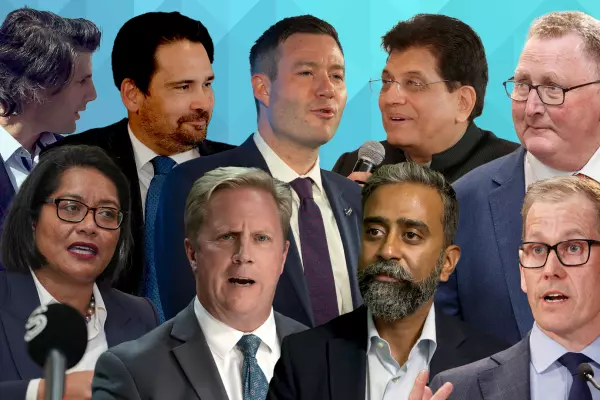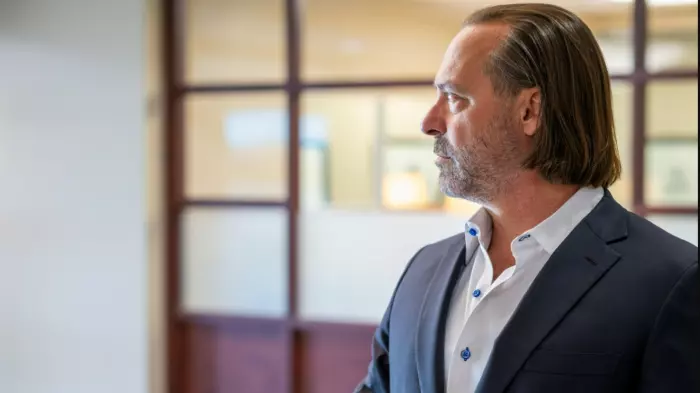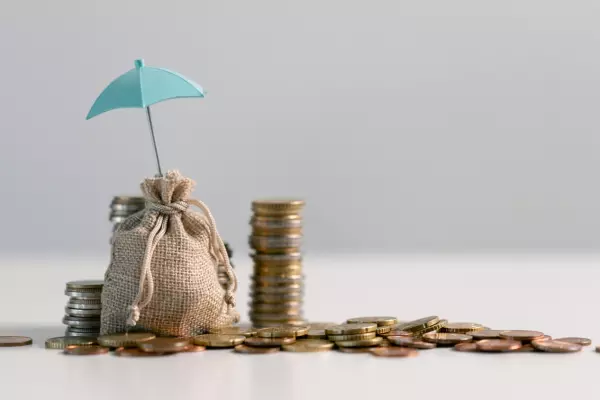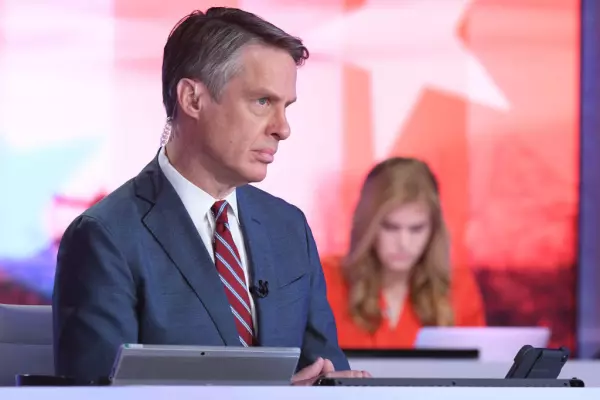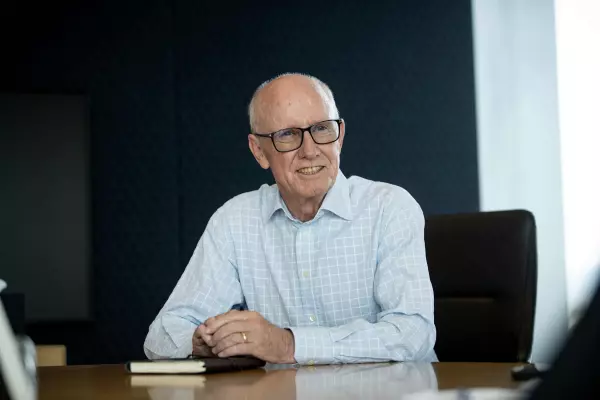The way people do business varies enormously from culture to culture. From something as subtle as the way you hand over your business card or structure a meeting agenda right through to the deep-rooted values that underpin all major business decisions, culture is always part of the picture, whether that’s obvious or not.
Despite years of assimilation into a European model, how Māori business is conducted and how it differs from a Western structure haven’t always been widely known, but change is definitely afoot and many corporates are proudly displaying Māori values in their everyday operations. Even better, we are seeing more and more non-Māori businesses taking an interest in the concepts that drive tangata whenua and incorporating some of them into what they do, too.
Here are some key values that are common to many Māori businesses:
Whakawhanaungatanga
Relationships and who people really are are at the heart of Māori business. The process of developing those relationships properly from the start is therefore crucial. You can almost always guarantee that your first hui in a Māori context will include these key questions: Who am I? Who are you? Who are we? How do we connect? What do you need and how can I serve you and help you? Culturally, the connections of Māori with people and places are crucial to everything we do, so establishing them thoroughly is important to us. Some people may think this initial time spent is a waste of human resources, but we see it as a pivotal foundation of a relationship. When you connect with someone on this level, it helps to build trust and open communication between parties.
Multigenerational thinking
Māori society is multigenerational and the concept of whānau runs through everything we do. But this doesn’t extend just to the living members of our family. For most Māori businesses it’s important that their purpose and vision span generations – those who have come before us and those who are yet to exist. Western cultures talk about business intuition –that “hunch” that helps you make the right call. We believe intuition is actually a calling from our ancestors and we draw on that knowledge to guide us. There’s a proverb that says, “Ka mua, ka muri”, which means walking backwards into the future. It suggests we should look to the past for clues to the way forward, and that’s a huge part of what Māori business decisions are based on: the wisdom of our ancestors helping to guide us towards what’s best for future generations.
Kotahitanga
There’s another proverb, “He waka eke noa”, meaning we are all in this together. That’s what kotahitanga is: unity, leaving no one behind, rising and falling together. For businesses, this includes inviting all members to the table to make major decisions, reducing the hierarchical model to a more linear one. Our culture teaches us that everyone has something important to bring to the table and a diverse lens that could be beneficial. Sometimes, this means involving external parties such as iwi and community, as our position in the community is also part of kotahitanga.
Another traditional Māori cultural philosophy and practice is the Tuakana-Teina model. Its literal meaning refers to the relationship between an older and younger sibling: “big brother-little brother”. Often, there will be a collaborative approach between those with more and less experience, the underlying thought process being: “Sometimes I know something that you don’t know so I’ll teach you, sometimes you know something I don’t know and you will teach me.”
Hauora
Well-being has become a huge focus across modern society but this isn’t a new concept to Māori. Māori have a holistic health and wellness approach underpinned by four dimensions – te taha hinengaro (mental well-being); te taha wairua (spiritual well-being); te taha tinana (physical well-being), and te taha whānau (family well-being). While these concepts have existed for a long time, they were formally developed into a model called Te Whare Tapa Whā by Māori studies academic Professor (now Sir) Mason Durie in 1982. Holistic well-being is hugely important for many Māori and we weave this through our business practices and dealings and staff wellness ethos, which in turn improves team output levels.
Manaakitanga
Hospitality, care, and giving are all important concepts that come under the manaakitanga umbrella. This involves treating others like family and in the way we would wish to be treated. It includes being a good host and providing for partners, stakeholders, community and whānau in a way that makes them feel welcome. It is common for Māori to share food as a means of welcoming people, celebrating success, or building rapport. However, it is important to note that another function of food is to remove tapu.
Kaitiakitanga
Much like other indigenous peoples, Māori have a world view in which everyone is closely connected to the land, sky and sea. We believe that Earth is a taonga (gift) from our ancestors, but we only ever see ourselves as temporary guardians, not owners, with a focus on responsibility and both the sustainability of the environment and the utilisation of its benefits. Kaitiakitanga means guardianship and protection. Māori therefore believe that Earth should be protected for future generations. This means our goals are focused on leaving the world a better place for the next generation of kaitiaki, being mindful of the impact of our behaviours, and giving back to the land. This will often affect the business decisions we make.
Wyndi Tagi (Ati-Hau-Nui-a-Pāpārangi) is co-founder of WE Accounting in Grey Lynn, Auckland, a multi award-winning business at this year’s Xero Awards.




